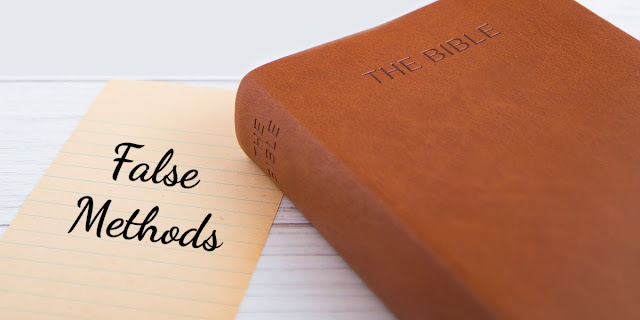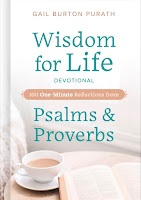False teachers use a method theologians call “eisegesis.” This means they start with a belief and try to find Scriptures to fit that belief. In contrast, true teachers of God's Word use “exegesis,” which means they start with Scripture and formulate their beliefs according to what it actually teaches.
Eisegesis teachings take random passages out of context, read something into the text that's not there, and ignore the obvious overall teachings of Scripture.
For example:
The Hebrew Roots Movement takes verses like Romans 3:31 out of context to claim New Testament Christians must obey Old Testament dietary and ceremonial laws. But they ignore the many passages about Christ's complete fulfillment of those laws (Colossians 2:16-17; Galatians 2:19-20; Galatians 3:2-3; Galatians 3:12-13; 1 Corinthians 9:19-23; Acts 10:9-16; 1 Corinthians 8:8; Matthew 15:10-11; Mark 7:18-19).
(See All or Nothing: Christ's Fulfillment of the Law.)
Universal Salvation teachers take verses like 1 Timothy 2:3-4 out of context to claim all people will be saved. And they completely ignore in-context passages which clearly speak of eternal punishment (Matthew 10:28, Luke 12:5, Romans 1:18-19, Hebrews 10:26-31, 2 Peter 2:4-10, Revelation 20:15).
(See 6 Scriptures Used to Support Universal Salvation and Hell Is Not a Garbage Dump.)
Eisegesis teachings may promote legalism such as the Hebrew Roots Movement. But they more often promote worldly values like prosperity, self-esteem, feminism, selfishness, immorality, etc.
So let's be sure that we start with Scripture and formulate our beliefs according to what it clearly teaches.
✜✜✜
Some examples of eisegesis:
False Teachings about Sodom and Gomorrah
3 Bad Arguments for a Female God
The Popular Teachings of Joel Osteen
A Well-Known Pastor Changes His View about Women Pastors
Boundaries Unscriptural Foundation
Responding to Gay Revisionist Theology
A Letter from a Reader (regarding transgenderism)




AMEN
ReplyDeleteHaving been raised in a cult (Christian Science), I am extra careful when studying the Bible.
ReplyDeleteMary Bake Eddy carefully avoided any references to verses that would have shined the light on the true gospel. (All have sinned and fallen short of the glory of God, If we say we are without sin...)
Thank you for another reminder to "test everything". God bless you.